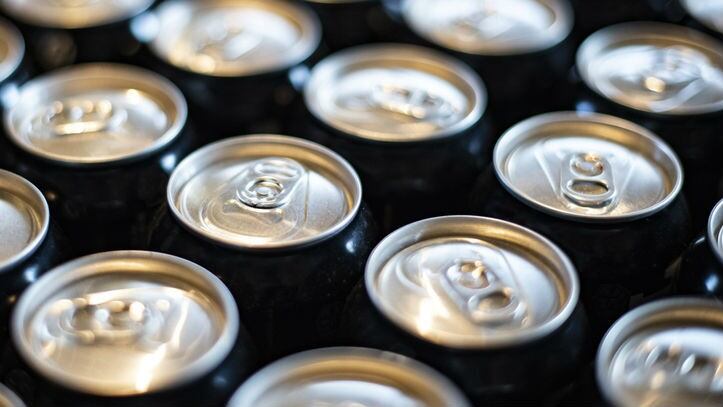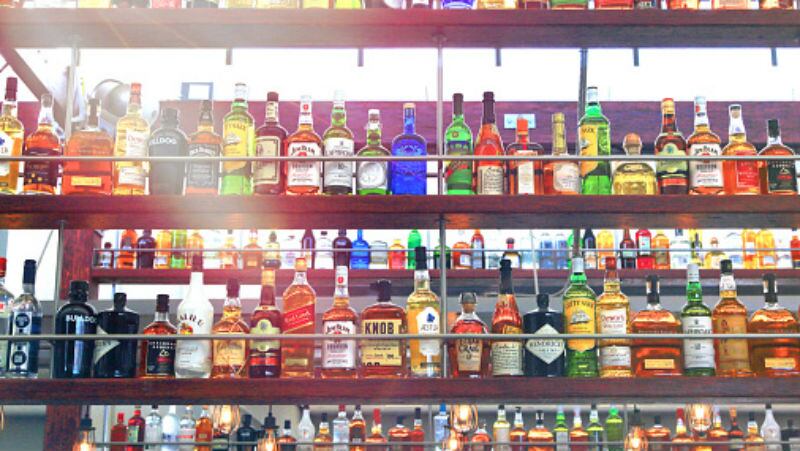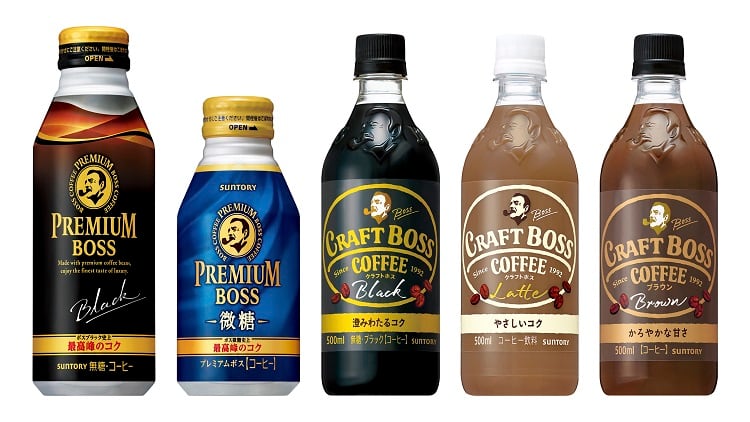“Vietnam is expanding its market, and we consider it a promising market. Outside of Vietnam, we have production bases in Thailand, but (plans for) others are undecided,” a company spokesman told FoodNavigator-Asia.
According to the spokesman, the beer sector counts for the greatest demand of aluminium cans in the country.
The firm announced in April that it would establish its third production base in Vietnam in the Ba Ria-Vung Tau Province – the south of Vietnam – as a move to expand business.
The new production base is expected to produce 1.3bn of cans each year.
Its two other existing factories, operated by affiliated firm – Hanacans – will also see an increase in production levels.
For instance, there will be an additional line installed to produce can ends in Hanacans’ Bac Ninh Factory. The expected production capacity is 1.1bn of can-ends each year.
About JPY$7bn would be invested into the new facilities. Operation in these facilities are expected to start in July next year.
The firm believes that the higher production will help to “cover everywhere in Vietnam”, amounting to a total capacity of 3.1bn of can bodies and 3.3bn of can-ends each year.
Home-market strategies
Within Japan, Showa Denko has also announced a series of plans to improve profitability of the domestic business.
The company’s spokesman revealed that while the alcoholic beverage aluminium can market was stable, the opposite was true for non-alcoholic beverages as the demand shrinks.
This is because there has been a shift towards using PET bottles. Hence, the need for aluminium cans to contain non-alcoholic beverages is expected to decrease.
The firm thus forecasted that the total demand for aluminium cans in Japan is expected to stay stagnant.
As such, the company plans to ramp up profits by adjusting production capacity according to market needs.
This includes streamlining production capacity, reducing fixed costs and promoting formulisation of sales prices of aluminium cans by referring to the market price of aluminium metal.
“In Japan, the sales price of aluminum cans is determined through negotiations with customers, but in order to stabilise earnings, we will negotiate with the customers so that the sales price of aluminum cans will be determined in conjunction with the price of aluminum ingots,” the spokesman said.





